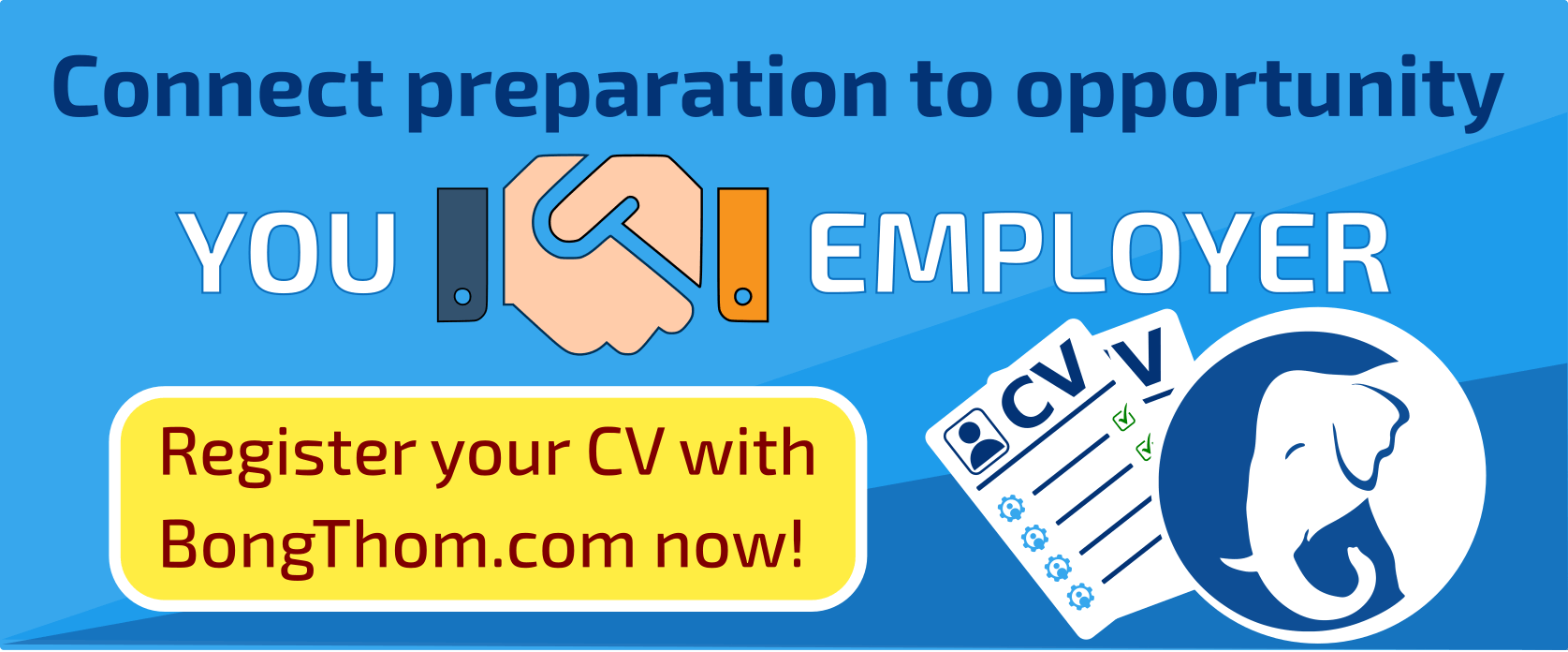Water Resource Governance Thematic Lead
Location: Flexible within Cambodia, Laos PDR, Vietnam
Contract: 1-year fixed term
One Oxfam Grade: C1 National
Salary and benefits: N/A
Job purpose: The Water Resource Governance Thematic Lead will provide strategic and technical leadership across Inclusion Project 3 (IP3), focusing on inclusive, community-driven water resource governance. The role supports program design and implementation that centres the knowledge, agency, and priorities of frontline communities. It will lead to technical capacity strengthening, cross-country learning, and influencing priorities with a focus on advancing inclusive water governance in the Mekong region. This position involves coordinating with regional and country-level teams, facilitating technical learning and integration of Gender Equality, Disability and Social Inclusion (GEDSI) principles, and contributing to evidence-based policy research and advocacy. The role ensures that project delivery remains responsive to the political, technical, and ecological dynamics within the region.
- Technical Leadership
- Provide strategic and context-specific technical guidance on water resource governance, transboundary political economy analysis, and integrating gender equality, disability, and social inclusion (GEDSI) throughout all programmatic components.
- Collaborate with the GEDSI, and Climate Resilience and MEAL leads to co-design and implement activities, events and plans aligned with Oxfam’s feminist principles and programmatic objectives.
- Identify and engage women leaders and champions of inclusive water governance reforms among water administrations and agencies, such as water user groups, businesses, universities, media, and/or civil society at large.
- Lead technical learning and ensure that innovations and good practices in water resource governance are shared across country teams and partners.
- Lead technical initiatives across regional and country-level teams to ensure that interventions in water governance are aligned with the project’s inclusion objectives.
- Support institutional and policy development efforts to further transboundary water cooperation, advise on the drafting of policy brief, position papers that link to regional policy and regulation, policies and studies that promote IWRM, regional project transparency, accountability.
- Contribute to program planning and implementation by providing technical input to activities that promote inclusive water governance.
- Deliver subject matter expertise on inclusive water governance approaches, civil society engagement, and gender-responsive policy actions, providing practical guidance to project teams and local partners.
- Provide technical inputs for policy influencing work at both national and regional levels, ensuring recommendations are evidence-based and informed by community needs.
- Lead the preparation of technical documentation, including policy briefs, learning papers, and donor reports, in close collaboration with Monitoring Evaluation, Accountability and Learning (MEAL) and communications specialists.
- Capacity Strengthening and Learning
- Strengthen the capacity of partners and Oxfam teams through tailored technical support, mentorship, and training on inclusive and feminist approaches to water resource governance.
- Facilitate cross-country learning exchanges, peer-to-peer platforms, and thematic workshops to deepen shared understanding and practice on water resource governance.
- Support partners in developing locally grounded methodologies and tools for river protection that promotes community ownership and sustainability.
- Provide coaching and backstopping to country teams on operationalizing water resource governance commitments in planning, implementation, MEAL, and influencing.
- Influencing, Advocacy and Representation
- Develop evidence-based regional influencing strategies focused on water resource governance, and community rights.
- Represent Oxfam and the program in regional and international forums, dialogues, and policy spaces, building visibility and momentum for feminist and inclusive water resource governance.
- Coordinate and commission policy briefs and advocacy materials informed by community experiences and partner knowledge, targeting key government and multilateral actors.
- Build and maintain strategic relationships with civil society, research institutions, donors, and regional bodies to advance collective influencing priorities.
- Ensure the quality and contextual relevance of all technical outputs, including knowledge products, MEAL tools, and advocacy materials, with attention to the Mekong region’s ecological, socio-political, and institutional dynamics.
- People and Partnership Coordination
- Coordinate with regional partners, consultants, and Oxfam technical leads to ensure coherent and accountable implementation of technical components of the project.
- Promote collaborative ways of working across country teams, ensuring alignment with shared learning goals and strategic coherence.
- Contribute to internal planning, coordination, and reporting processes, ensuring that lessons inform project reviews, donor reporting, and scale-up strategies.
- Qualifications: Advanced Degree in Environmental Science / Hydrology / Water Resource Engineering, Public Policy / Political Science / Law or Development Studies.
- Proven Technical Expertise in Water Resource Governance: (8+ years progressive experience) providing technical leadership in water resource governance in multi-country or regional contexts.
- Strong understanding of inclusive, rights-based approaches: and practical experience integrating GEDSI considerations into climate and natural resource governance initiatives.
- Strategic Leadership and Program Delivery Experience: Experience in developing and implementing strategies that shape multi-country programs and policy, with a track record of influencing water resource governance agendas.
- Strong External Engagement, Influencing, and Advocacy Skills: Demonstrated ability to build and maintain relationships with a wide range of actors—governments, civil society, donors, and multilateral institutions—to advance policy influence and program impact.
- Capacity Strengthening and Partnership Facilitation: Experience in delivering tailored capacity development to civil society partners and internal teams, including training, mentoring, and technical accompaniment. Ability to facilitate learning exchanges and co-create context-specific tools and strategies that strengthen locally led and feminist approaches to water resource governance.
- Fluency in a Mekong language and a high level of competency in written and spoken English, with the ability to communicate complex ideas clearly and adapt messaging for diverse audiences, including partners, policymakers, and communities.


